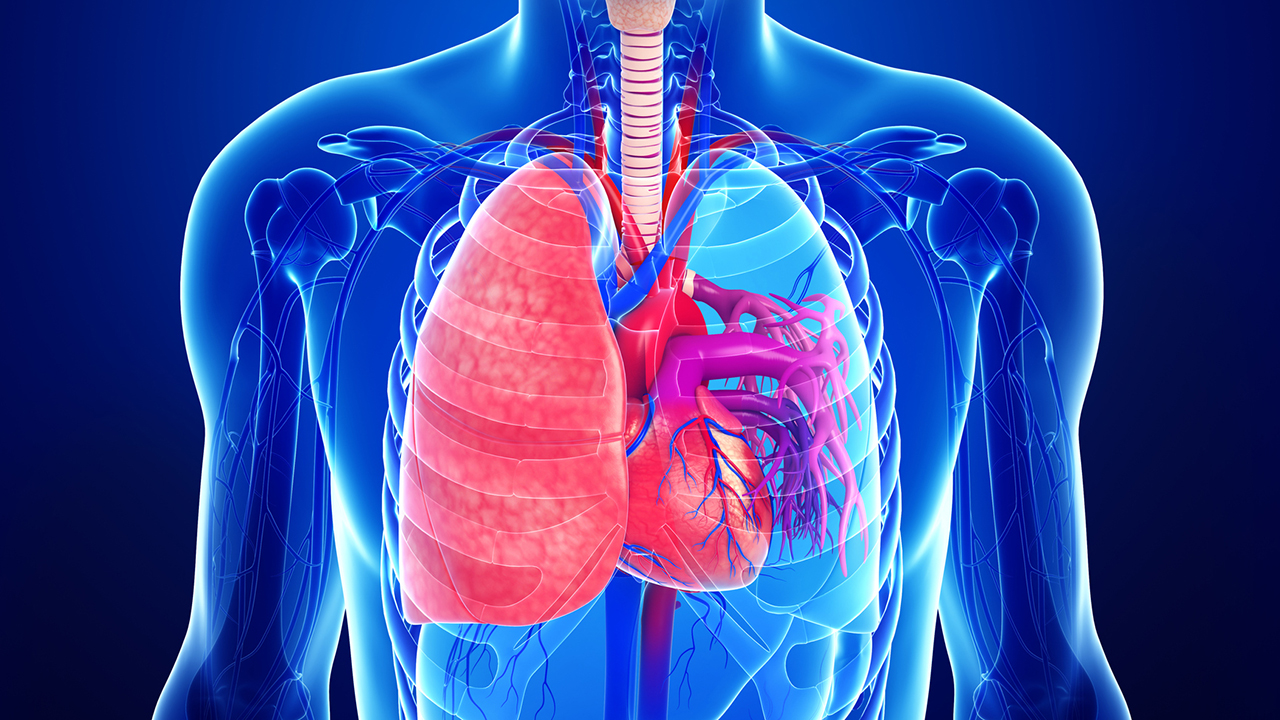New research suggests that the prevalence of infection has links to the development of some cancers.
A new study has suggested that before developing some forms of cancer, people experienced higher rates of infectious diseases, such as influenza and pneumonia.
The study, published in the journal Cancer Immunology Research, could help develop diagnostic methods for detecting cancers.
Inflammation and cancer
Previous research has indicated a link between immunity, inflammation and cancer.
Inflammation can promote the development of cancers. This can compromise a person’s immune system, which in turn can increase inflammation.
Dr. Shinako Inaida, a visiting researcher at the Graduate School of Medicine at Kyoto University in Japan and the corresponding author of the study, explains. “Cancer can develop in an inflammatory environment caused by infections, interruption of immunity, exposure to chemical carcinogens, or chronic or genetic conditions.
Link between infection rates and cancer.
The case group experienced significantly higher infection rates than the control group in the 6 years prior to cancer diagnosis.
Case group members experienced higher rates of infection in the year before their cancer diagnosis than those in the control group. During this year, the case group experienced 18% higher influenza infection, 46.1% gastroenteritis, 232.1% hepatitis and 135.9% pneumonia than the control group.
The authors also noted that there was a link between different infections and different t
ypes of cancer. For example, people who developed male germ cell cancers were more likely to have experienced influenza. People who developed stomach cancer were more likely to have had pneumonia, and people who developed blood or bone cancers were more likely to have hepatitis.
However, as Dr. Inaida points out, “w[interesante]e find that the infection affecting a specific organ does not necessarily correlate with an increased risk of cancer in the same organ.”
The data provided limited information on underlying genetic and medical conditions, as well as environmental exposures and different lifestyles. These may have affected the chances of infection and develop cancer.
However, by clarifying an association between infections, inflammation, immunity and the development of cancers, future research can further analyze the precise mechanisms that govern these relationships.








